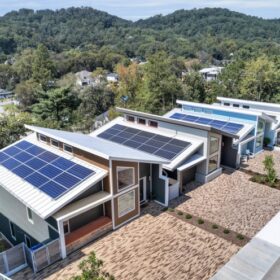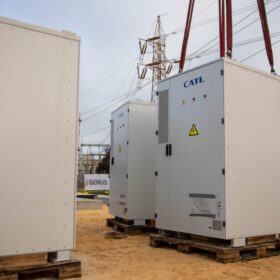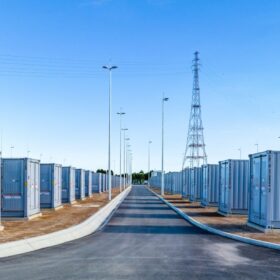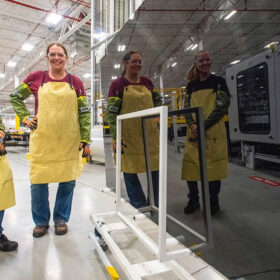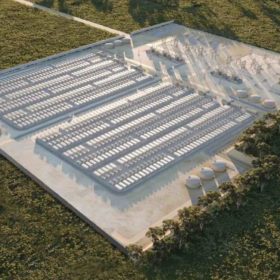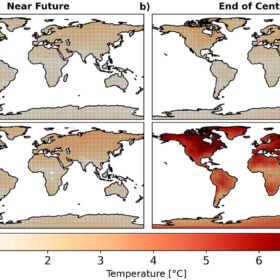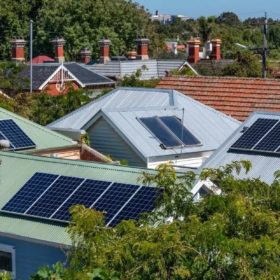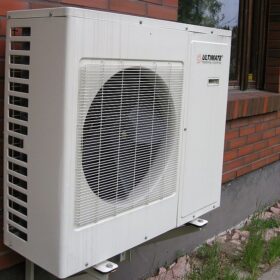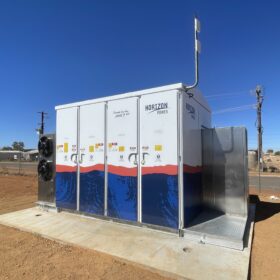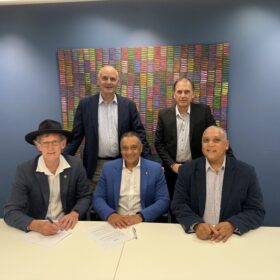What drives solar adoption not equal across income levels
Lawrence Berkeley researchers studied how solar buying decisions are influenced across varying income levels and offer rationale for policy changes and incentives to spur adoption among low- to middle-income households.
CATL: Staying on top of the battery game
For the seventh year in the row, China-based Contemporary Amperex Technology Co. (CATL) looks set to claim the title of the world’s biggest battery maker. There are a number of reasons why it continues to maintain its lead in the electric vehicle (EV) and battery energy storage system (BESS) markets.
AGL to put nickel-hydrogen battery tech to test at Torrens Island
Australian energy giant AGL will install a nickel-hydrogen battery at its Torrens Island power station site in South Australia as it seeks to explore the potential opportunities that the technology can provide for stationary energy storage applications.
Weekend read: the fruitful search for other thin films
First Solar and its cadmium telluride (CdTe) technology dominate thin-film solar in the mainstream market. Valerie Thompson looks at the US-based business and the future of thin-film PV technology.
Australia’s biggest battery project changes shape as Equis reaches FID, begins construction
Through a co-funding deal with Victoria’s newly revived SEC, Equis Development has reached financial close and begun construction on phase 1 of its giant 1.2 GW Melbourne Renewable Energy Hub. Plans for the hub, which includes gigawatt hours of storage, seem to have shifted somewhat, with phase 1 now three independent batteries of 200 MW with either two- or four-hours of storage.
Solar productivity negatively impacted by emissions and aerosols, study finds
A study by engineers at UNSW, published in the Renewable Energy journal, shows that aerosols and greenhouse gas emissions reduce the productivity of photovoltaic installations and that this differs according to the global region.
The extraordinary story of rooftop solar in Australia’s National Electricity Market
The sun is shining, the weather is sweet. In this Opinion and Analysis piece, Lumi Adisa, Director of Energy Market Analytics at NEOM and ex-Investment Director of Energy Markets at Octopus Investments Australia, presents a deep dive into the unprecedented impact of rooftop solar in the NEM. As rooftop solar continues to drive changes in the intraday demand and price trends, it is evident that customers will remain a significant part of the energy transition for years to come.
Performance parameters for residential heat pumps linked to PV, storage
German researchers measured a PV-powered heat pump with battery storage in a single-family home in Freiburg, Germany, for a period of a year. It features smart grid-ready tech that adjusts operations based on the grid.
Another WA town transitions to solar and batteries
Cue, a town in Western Australia’s midwest, has installed 259 kW of solar and a 336 kWh battery system to wean itself off diesel. The installation is part of Horizon Power’s Midwest Solar Program and belongs within a much larger state-wide transformation.
Sunshine Hydro signs 20% First Nations equity deal on flagship Queensland project
Sunshine Hydro and project partner Energy Estate have signed an agreement to give First Nations stakeholders a 20% equity option in the companies’ Djandori Gung-i Superhybrid project at Miriam Vale, Queensland. The project proposes to deliver up to 600 MW of pumped hydro capacity and up to 300 MW of hydrogen electrolysers.
